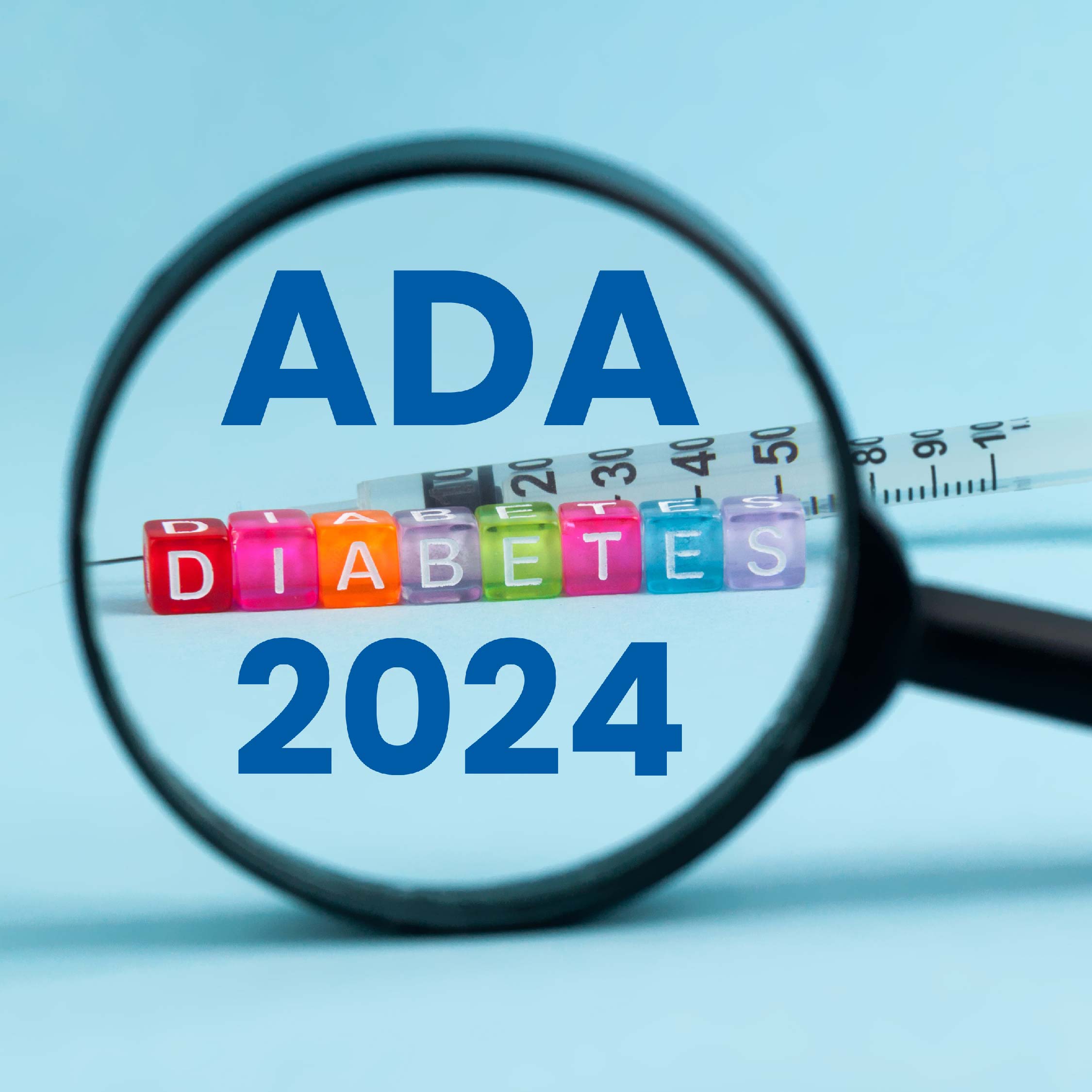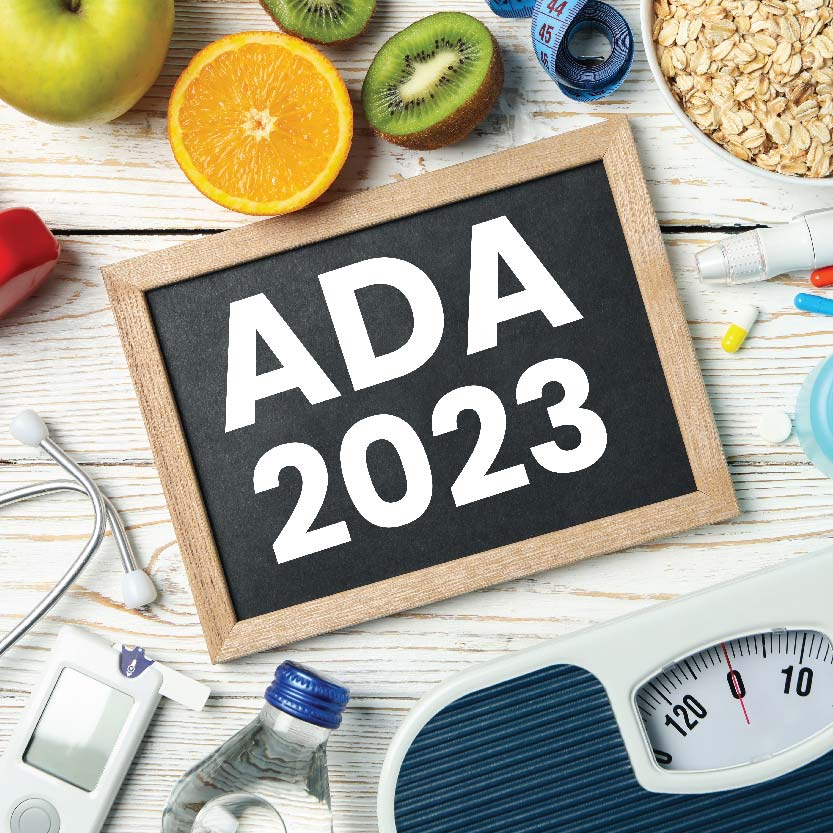ADA 2023: Metformin Discontinuation and Clinical Outcomes in Patients with Diabetes and Advanced Chronic Kidney Disease—A Prospective Cohort Study
The session discusses the results of a prospective cohort study on metformin, discontinuation, and the clinical outcomes in patients with diabetes and advanced chronic kidney disease (CKD).
Metformin is the first line therapy in treatment of type 2 diabetes and can be used in patients with CKD up to estimated glomerular filtration rate (eGFR) > 30ml/min/1.73m2 with dose adjustment and increasing frequency of eGFR monitoring. International guidelines suggest discontinuing metformin when eGFR is 30ml/min/1.73m2 due to the risk of metformin-associated lactic acidosis. However, in real-world practice, the risk-benefit balance remains uncertain.
The prospective study conducted by the presenter examined the associations of metformin discontinuation and eGFR of 30ml/min/1.73m2 with cardiorenal outcomes and all-cause mortality among Chinese patients with type 2 diabetes. The cohort analysis used the Hong Kong Diabetes Surveillance Database who underwent the Risk Assessment and the Management Program for Diabetes (RAMP-DM) between 2000 and 2019. Metformin uses with eGFR declined to 30ml/min/1.73m2 were included in the study. The study included 35,206 metformin users of eGFR declined to 30ml/min/1.73m2 between 2002-2018; 7% patient discontinued treatment and the restarted after 6 months, 21% permanently discontinued and 74% continued metformin within six months after reaching eGFR < 30ml/min/1.73m2. The risk of outcome of interest between the two groups were compared. Index data was defined as the first two records of eGFR < 30ml/min/1.73m2 and used a 6-month window to identify the metformin users and metformin discontinuation. The primary outcomes were 3-point major adverse cardiovascular events (MACE), heart failure, end-stage kidney disease (ESKD) and all-cause mortality. Secondary outcomes included cause-specific mortality such as cardiovascular (CV)- cause, cancer-cause, non-CV, non-cancer and pneumonia cause.
Among 23,000 patients, 22% of patients discontinued metformin; 78% continued metformin after having eGFR 30ml/min/1.73m2. The mean age was 74 years old; those who discontinued metformin were more likely to be on insulin, DPP4 inhibitors or RAS inhibitors; they were also more likely to have heart failure. The median follow-up was 3.4 years compared with continuous metformin users. Discontinued metformin users were associated with 1.4 times high risk of MACE and 1.5 times high risk of heart failure. Metformin discontinuation was also associated with a high risk of ESKD and all-cause mortality. In sub-group analysis, similar results were observed among patients with and without established cardiovascular disease (CVD) at baseline. For cause-specific mortality, discontinued metformin was associated with CV and lung cancer causes-specific mortality but not for all-cause specific mortality. Metformin discontinuation was associated with an increased risk of pneumonia-specific mortality. In conclusion, discontinuation of metformin as compared to continuation in diabetes and advanced chronic kidney disease (CKD) is associated with a high risk of clinical outcomes. These results are consistent in patients with or without established CVD. In the absence of dedicated randomized controlled trials, the findings of this study support the continuation of metformin with advanced CKD with CV-renal and mortality benefits that need to be weighted against the risk of metformin associated lactic acidosis.
American Diabetes Association (ADA) 83rd Scientific Sessions, 2023, 23- 25 June 2023, San Diego, CA.




